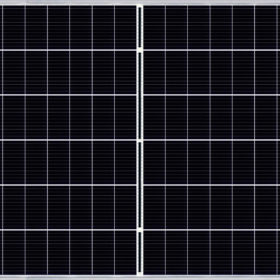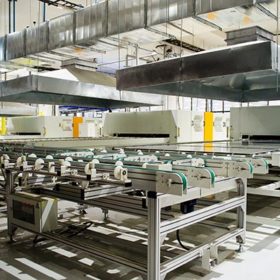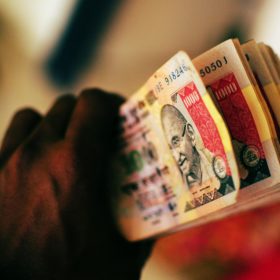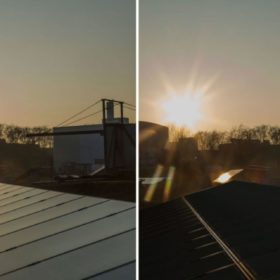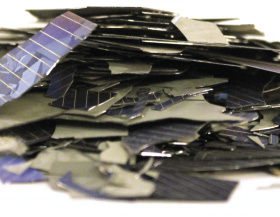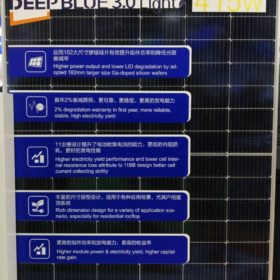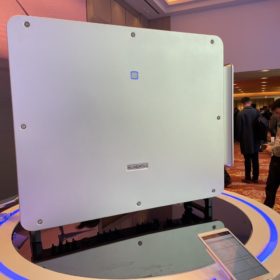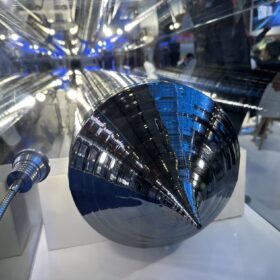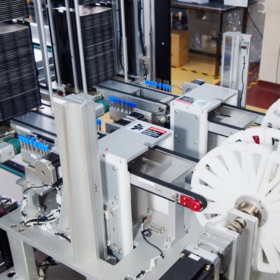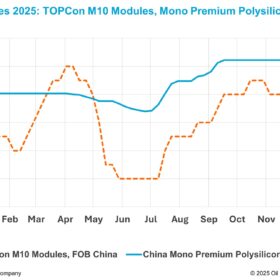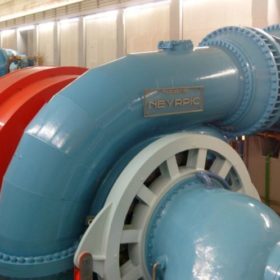Canadian Solar begins production of 640-665 W panel series
The panel was unveiled in October and is the most powerful product the company has brought to the market to date. The Chinese-Canadian manufacturer expects to reach, for this product, a 10 GW capacity by the end of the year.
Tata Power Solar expands cell and module capacity
The solar manufacturer and EPC player has added new lines to its existing factory at Bengaluru, widening its current product range to include half-cell and bifacial mono PERC panels.
Cabinet extends manufacturing incentive program to solar modules
The national production-linked incentive scheme introduced to encourage domestic manufacturing will now encompass solar. The PV policy will offer increased rewards for the production of more efficient panels and for Indian content.
Waaree Energy Storage System secures seed funding of US$2 million
The energy storage manufacturer will use the funds to expand its manufacturing capabilities, and aid product development with emphasis on smart Internet of Things (IOT) based batteries and telematics.
German start-up develops anti-reflective film claimed to improve PV module performance by 10%
German start-up Phytonics has developed the film by taking inspiration from nanostructures in plants. In solar cells, the film enables a broader absorption spectrum and a higher angle of light-incidence tolerance.
The long read: Bifacial drives encapsulant switch
Suppliers of encapsulant materials – plastic sheets that are heated to laminate together the components in PV module stacks – are rapidly expanding to keep pace with module manufacturing in Asia and other parts of the world. Ethylene-vinyl acetate (EVA) continues to dominate the market, but new developments in module technology are driving a slow shift to more costly polyolefins.
Managing solar PV waste in India
A new report compares the European Union and Indian regulatory frameworks for managing end-of-life solar panels. It also assesses and analyses the PV waste market and processing capacities in India and shares recommendations for the Indian stakeholders.
JA Solar unveils 415 W solar module with 21.3% efficiency
The module can be used for residential and commercial PV projects. It is available in five versions with power outputs claimed by the company of 390-415 W and reported efficiencies of 20.0-21.3%.
Solar tariff rise due to customs duty would cost to Discoms INR9 billion annually
India’s declining solar tariff trend will see a reversal as the basic customs duty comes into effect. According to India Ratings, tariffs will likely touch INR 2.43 when using imported solar modules with 40% duty applicable, putting an additional cost burden on Discoms.
Sungrow unveils 325 kW string inverter
The device will go into mass production in the second half of this year. It features an efficiency of 99.01% and is claimed to be the most powerful string inverter ever launched on the market to date.
